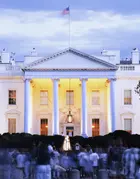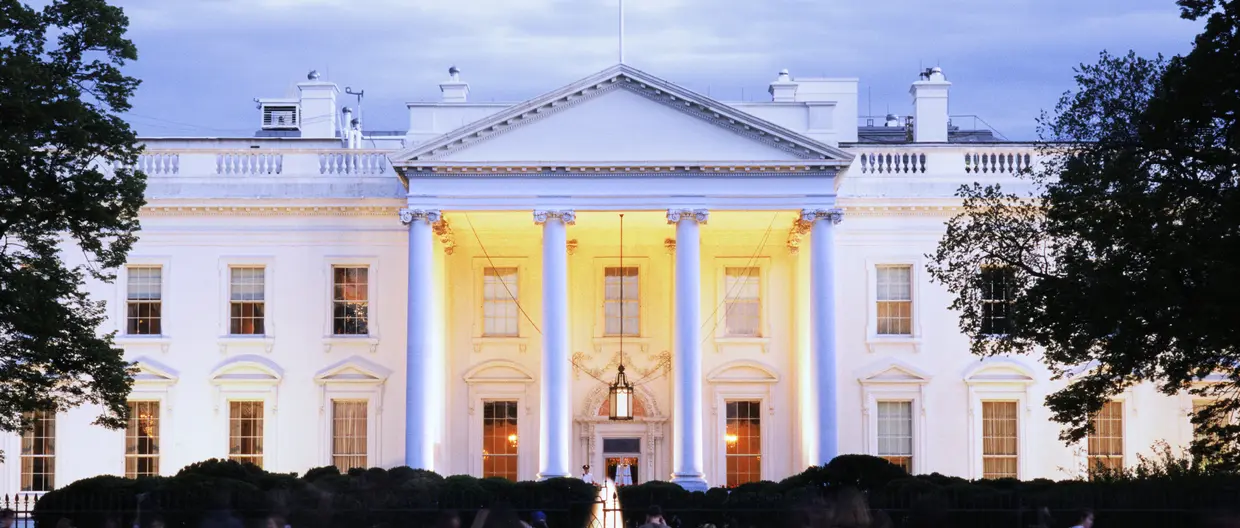Summary
Executive summary
As the US elections approach, markets are increasingly focusing on the candidates' platforms and their implications for the economy and markets. Taxation, foreign trade, immigration and fiscal policy are at the forefront of the candidates' agendas. Harris advocates for higher taxes on corporations and the wealthy to fund social initiatives and green policies, while Trump promotes tax cuts, deregulation and an increase in oil production.
The tariff agenda is particularly relevant for geopolitical, economic and investment perspectives. A Trump administration pursuing the proposals outlined in his campaign would pose higher risks of economic disruption and could strain alliances. The consequences of these actions are challenging to predict, especially in a world undergoing geopolitical shifts, where any action may provoke reactions from other global powers. For instance, China is likely to respond to tariffs and may adjust its stimulus measures based on the election results. On the other hand, a Harris administration may be seen as less disruptive and could see adversarial powers align more closely.
Most importantly, it will not be clear until after the elections which policies will be implemented – beyond the election rhetoric – or whether Congress would agree to enact them, depending on whether they hold sufficient majorities. That would also impact the timing of effective implementation.
Read more

